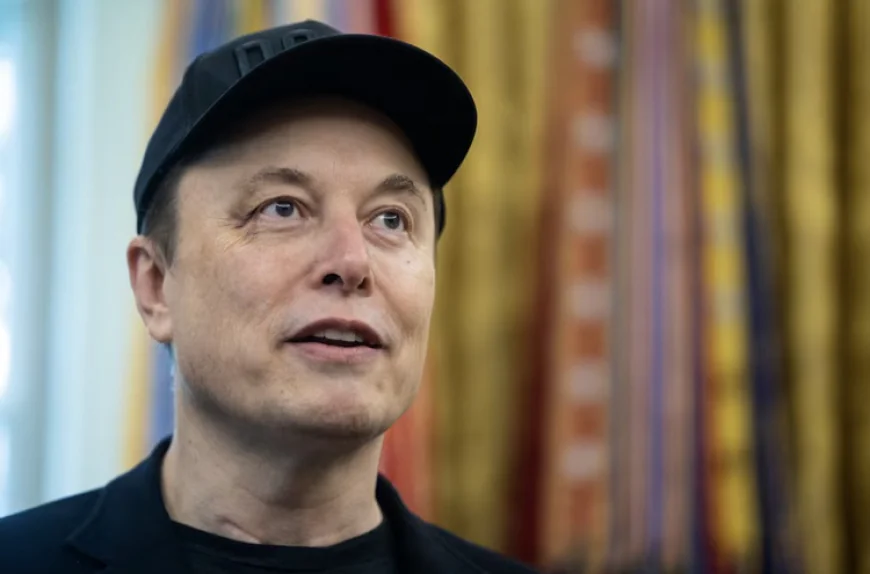Neuralink’s Vision Chip: Will Elon Musk Really Help the Blind See by 2025?
Elon Musk’s Neuralink claims it will restore sight to the blind by 2026. Here’s what this bold vision means for science, ethics, and humanity.

Elon Musk says Neuralink will help blind people see again by next year.”
That sounds like sci-fi. But according to Musk, human testing is just months away.
While most of the world debates AI ethics and brain-machine interfaces in theory, Neuralink is pushing toward something tangible: a brain chip that bypasses damaged eyes and writes vision directly to the brain
From Science Fiction to Monkey Vision
Neuralink has already tested the technology on monkeys with promising results. One primate has had the chip for over three years, responding to basic visual patterns with two-thirds accuracy.
Why This Changes Everything for the Blind
Neuralink’s “Blindsight” implant works by stimulating the visual cortex, allowing even those with no functional eyes to potentially “see” again. Musk claims resolution will improve over time - starting pixelated, but eventually rivaling real vision.
From Vision to Superhuman Sight?
Elon Musk’s long-term goal?
Move beyond normal human sight into infrared, ultraviolet, even radar-bandwidth vision. If this evolves, we may not just restore sight - we may upgrade it.
The Ethical Minefield No One Can Ignore
Despite the hype, this technology poses real risks:
- Brain surgery complications
- Long-term implant durability
- Misuse in surveillance or warfare
- Regulation lagging far behind innovation
Africa: Should We Care?
Yes. Because this isn't just an American story.
Across Africa, millions suffer vision loss without access to surgery or transplants. If Neuralink succeeds, it could open new options in places with limited care infrastructure.
But without local policy frameworks, Africa could again become a testing ground instead of a beneficiary.
Forward-Looking Insight:
If Neuralink's timeline holds, we’ll witness the first human vision-restoring implants by 2025. This isn't a question of “if” anymore. It's a question of how society, law, and ethics will respond.
Should we fear this technology or embrace it? Let’s hear from you.
Would you try a brain chip if it could restore or enhance your sight? Share your thoughts below.


